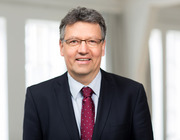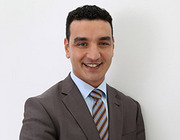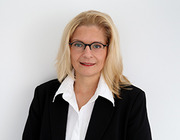Given the rising number of incoming refugees, Germany’s growing need for skilled labor and increasing public skepticism toward migration, the country faces considerable challenges in making fair migration a reality. This involves improving systems for managing labor migration, fostering a welcoming culture that facilitates the integration of immigrants, and developing a documentation and intake infrastructure for incoming refugees. In addition, relief must be provided to dysfunctional European asylum systems and cooperation established with source countries that targets the drivers of migration. Advocating for a triple win approach in its work, the Bertelsmann Stiftung contributes to solutions that effectively address these challenges.












